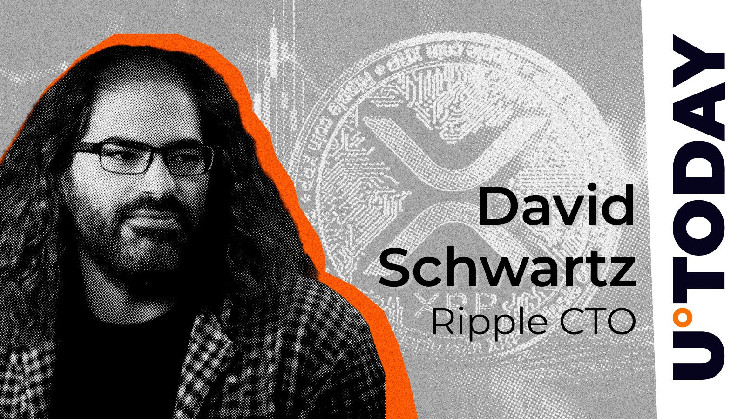Ripple's CTO David Schwartz recently shared some thoughts on the company's media strategy during its three-year legal battle with the Securities and Exchange Commission. The case ended with Ripple getting a partial victory, after they argued that $XRP, the cryptocurrency associated with Ripple, should not be classed as a security.
The court concluded that $XRP is not a security, but the crypto company was fined for selling coins to institutional clients. This clarified the asset's status, which has big implications for both the San Francisco-based company and the wider crypto market.
Schwartz talked about the challenges Ripple faced in dealing with false information about $XRP during the lawsuit. He admitted that the company couldn't do much to directly challenge the false stories about the cryptocurrency because of legal and strategic limits.
Instead, they relied on their community, also known as the "$XRP Army," to spread the right message. But this meant that misinformation and speculation spread, which was not ideal.
We definitely had our internal views of who was being positive and constructive and who was spreading nonsense and, at least from what I saw, tried to avoid any amplification of those who were spouting nonsense.
— David "JoelKatz" Schwartz (@JoelKatz) January 12, 2025
Schwartz said that Ripple tried not to amplify unverified claims or people spreading misinformation on purpose, but he admitted that this approach might have had the opposite effect. He said that if they dealt with inaccuracies, they might accidentally give them more credibility or visibility, which would make it harder for Ripple to respond to the media.
Schwartz also talked about how Ripple tries to tell the difference between helpful contributions and baseless claims in the $XRP community. While the company recognized the importance of fostering a positive narrative, it maintained caution in engaging with content or individuals that might harm its reputation or mislead the public.
 u.today
u.today
